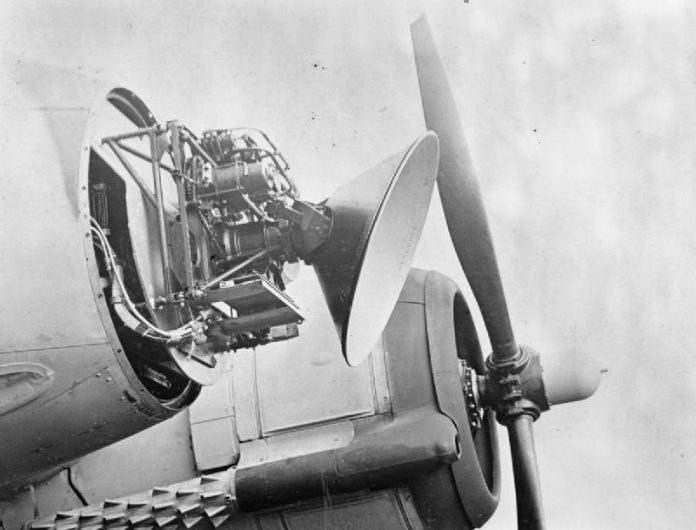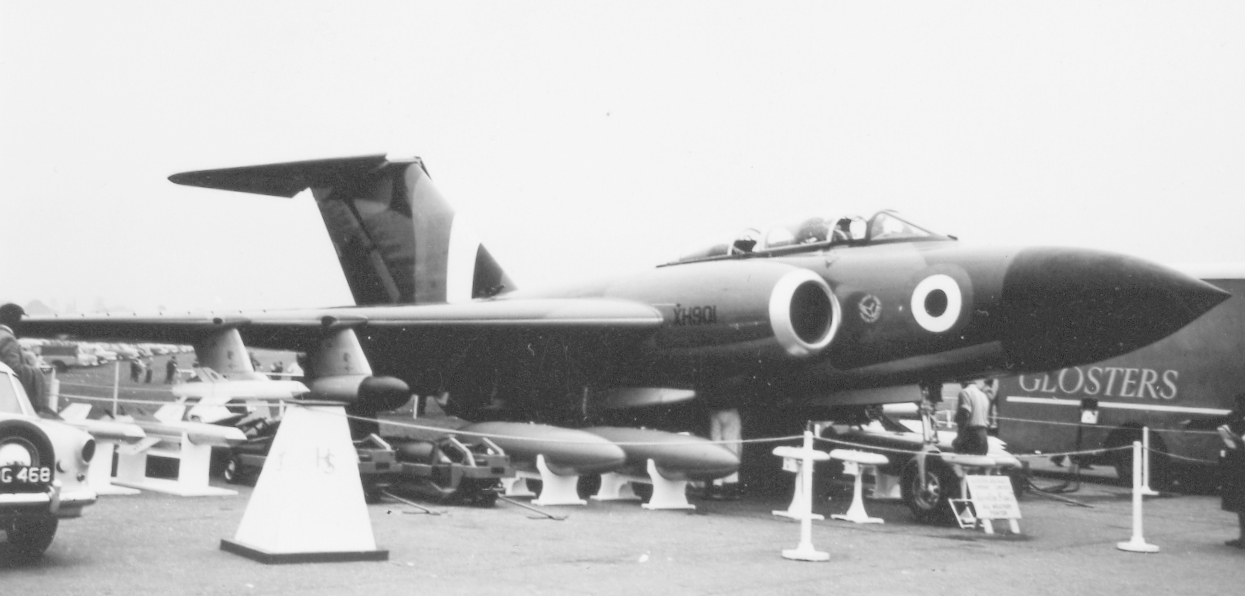
During the dark days of the Second World War, a curious piece of propaganda emerged from Britain’s Ministry of Information, weaving a narrative that connected the consumption of carrots with improved night-time vision. This tale has persisted for decades, but what is the truth behind the claim?

In the midst of wartime blackouts, the British Royal Air Force (RAF) faced the daunting task of repelling the German Luftwaffe’s nocturnal assaults.

Enter the myth: RAF pilots, blessed with extraordinary night vision thanks to a diet rich in carrots, were adept at hunting down enemy bombers under cover of darkness.

The story found fertile ground amid the British public, encouraged to eat more carrots with the slogan “Carrots keep you healthy and help you see in the blackout.”

John Stolarczyk, curator of the World Carrot Museum, delved into the origins of this enduring myth. While the benefits of beta-carotene in carrots for eye health are well-documented, the notion that they could enhance vision to superhuman levels was exaggerated.

The carrot campaign was a piece of clever subterfuge, designed to conceal the true advantage the RAF possessed: the groundbreaking Airborne Interception Radar (AI), capable of detecting enemy aircraft before they could threaten the skies of Britain.

RAF night fighter ace, John Cunningham, was the first to shoot down an enemy plane using AI, achieving 20 kills, 19 of which were at night.
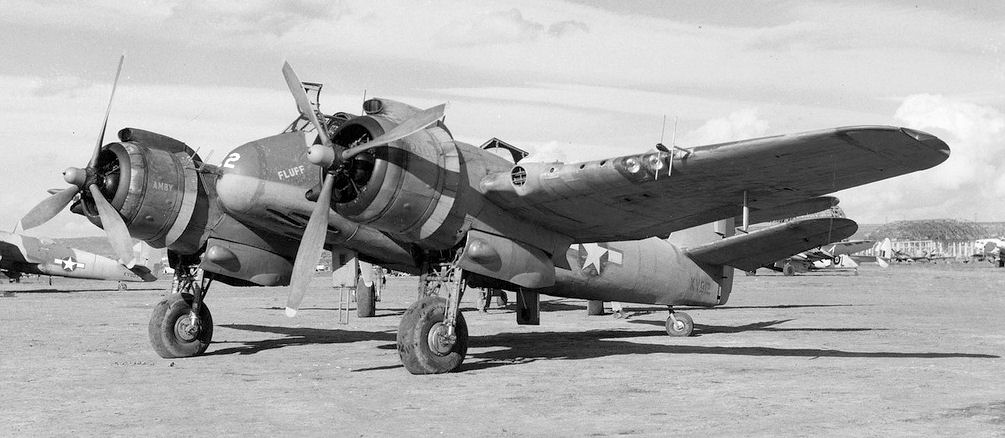
The myth’s purpose was two-fold: to distract from the AI technology and to encourage the consumption of surplus vegetables. The Ministry of Food, facing a German blockade and a surplus of carrots, embraced the narrative.
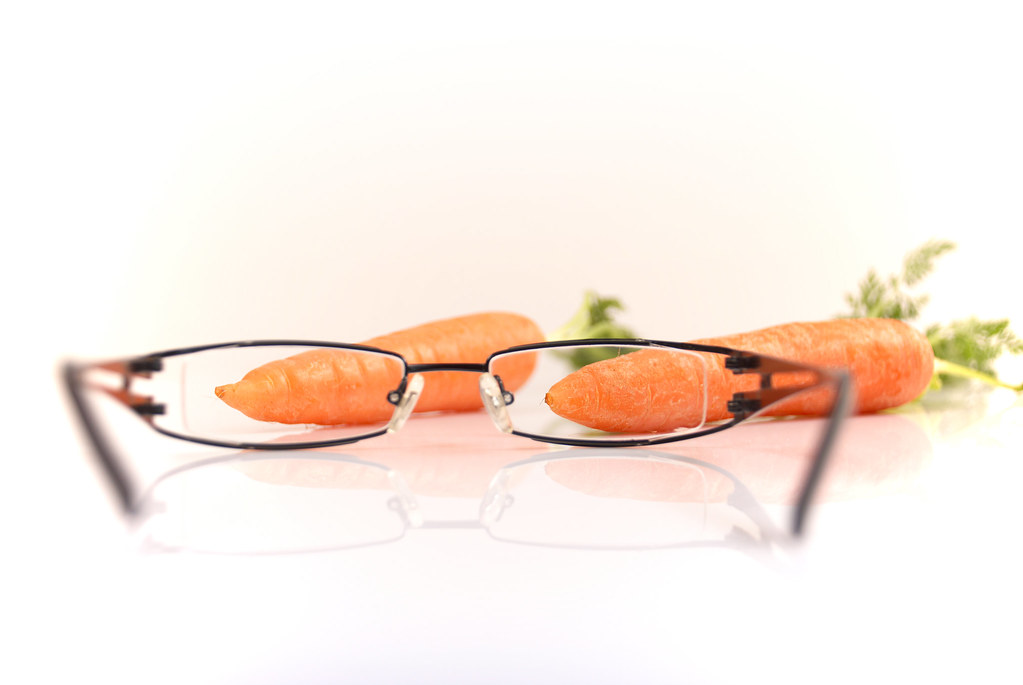
Lord Woolton, the Minister of Food, championed the “Kitchen Front” in the war effort, promoting self-sustainability in gardens and the use of carrots as a sweetener in various recipes during sugar rationing.
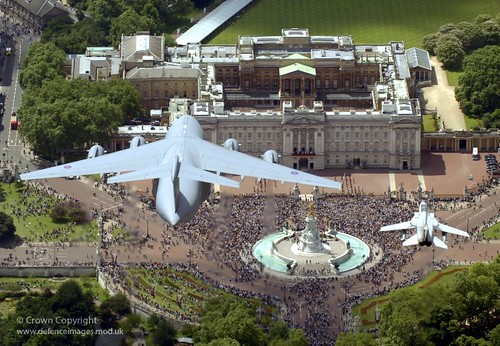
The American government paralleled this approach, promoting carrots and leafy greens as essentials for night sight in their own World War II posters. This shared emphasis highlights the broader strategy of both nations to bolster citizen morale and health through dietary guidance.

Despite these efforts, some experts, such as Bryan Legate, assistant curator at the Royal Air Force Museum in London, suggest that the Air Ministry did not concoct this story with the intention to deceive German intelligence. Instead, the ministry simply rode the wave of a beneficial narrative that aligned with their aims.
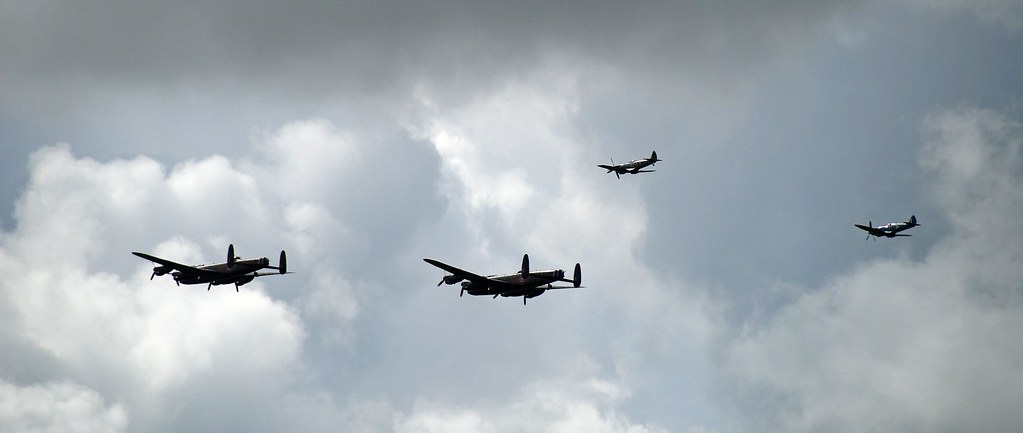
The truth about carrots’ effect on vision is nuanced. While vitamin A, derived from beta-carotene, is crucial for vision, especially in low-light conditions, there is no evidence that carrots can grant night vision capabilities.
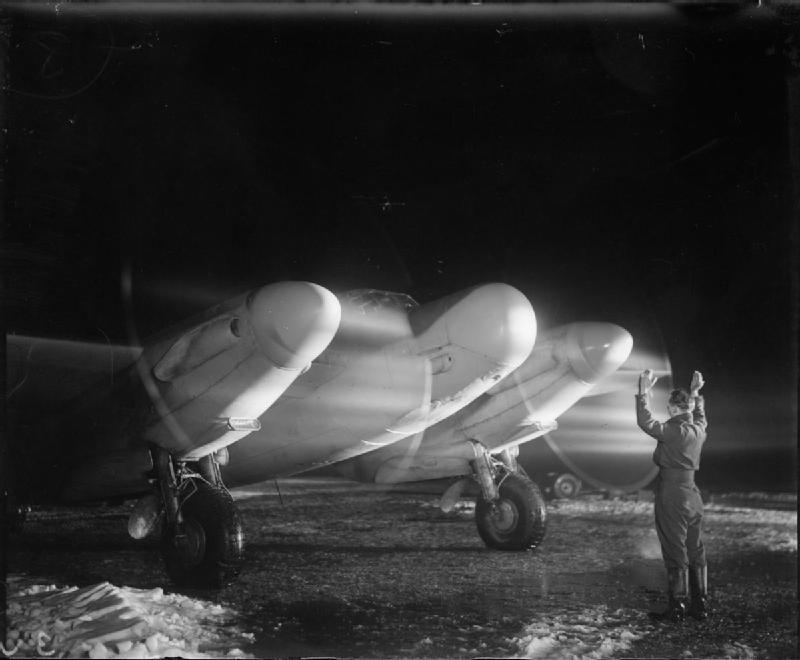
Emily Chew, deputy clinical director at the National Eye Institute, explains that vitamin A is essential, but consuming carrots beyond a balanced diet does not further enhance eyesight in those with already sufficient levels.
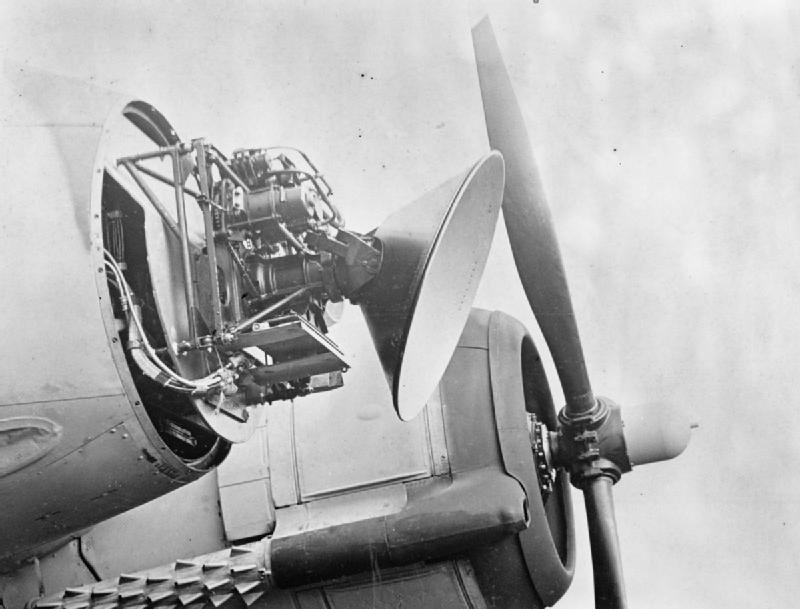
The carrot myth of World War II reflects an ingenious blend of nutritional science and psychological warfare. It showcases how governments can use propaganda to tackle multifaceted issues—be it enemy subterfuge or domestic food scarcity.

Even so, the legacy of this little orange vegetable’s mythical powers has left an imprint on popular culture, a testament to the power of storytelling in times of conflict.
Relevant articles:
– A WWII Propaganda Campaign Popularized the Myth That Carrots Help You See in the Dark, Smithsonian Magazine
– Carrot myth in World War II Britain?, History.gov
– Fact or Fiction?: Carrots Improve Your Vision, Scientific American
– Did the myth of carrots improving eye sight begin as WWII propaganda?, Skeptics Stack Exchange
